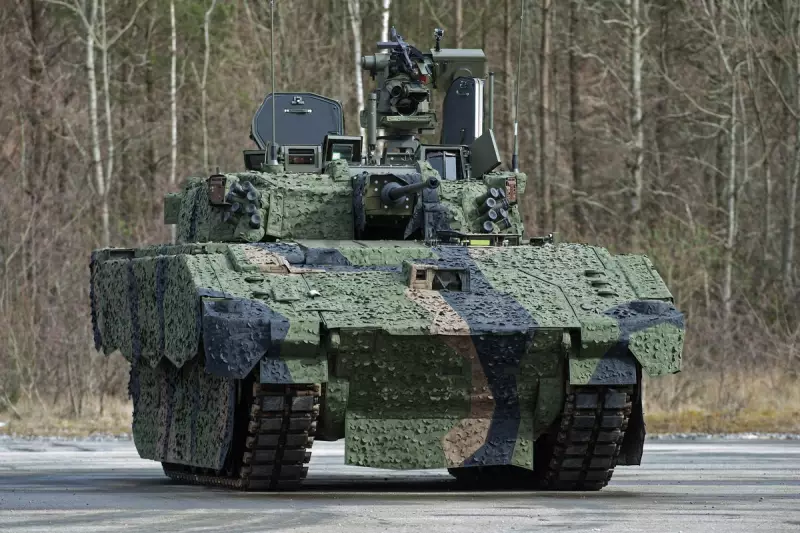
The British Army has been forced to suspend the use of its troubled Ajax armoured vehicles after approximately 30 soldiers became unwell from excessive noise and vibration during a major war game exercise.
Training Exercise Halted as Troops Fall Sick
The incident occurred during recent exercises on Salisbury Plain, where personnel reportedly emerged from the vehicles vomiting and shaking uncontrollably. A Ministry of Defence spokesperson confirmed the Army "immediately stopped the exercise and proactively tested all personnel involved for symptoms."
Following medical assessments, around 30 personnel were confirmed to have presented symptoms related to noise and vibration exposure. While a "vast majority" have since been cleared to return to duty, a small number continue to receive specialist medical care.
Safety Investigation Launched Amid Programme Setbacks
The Ministry of Defence has announced a two-week suspension of all Ajax vehicles for training and exercises. Defence Minister for Readiness and Industry, Luke Pollard, ordered the pause "out of an abundance of caution" while a safety investigation examines the weekend's events.
This development represents the latest setback for the £6.3 billion programme, which has experienced significant delays since its originally intended service date of 2017. The Ajax was only declared to have achieved initial operating capability earlier this month, meaning it could theoretically deploy a squadron on operations.
Contrasting Statements on Vehicle's Readiness
The suspension comes just weeks after Mr Pollard claimed the Ajax had "left its troubles behind" during a statement on 5 November. He told reporters in Merthyr Tydfil that the vehicle had "overcome significant challenges" and described it as "the most advanced medium-weight armoured fighting vehicle on the planet."
Despite these assurances, the programme continues to face obstacles. More than 160 Ajax vehicles have been built from a planned total of 589, but full operating capacity may not be achieved for another four years according to recent estimates.
The Ajax vehicles are intended to replace the aging CVR(T) fleet that first entered service in 1971. A limited amount of testing will continue during the two-week pause to identify and resolve the ongoing issues with noise and vibration that have plagued the programme.





